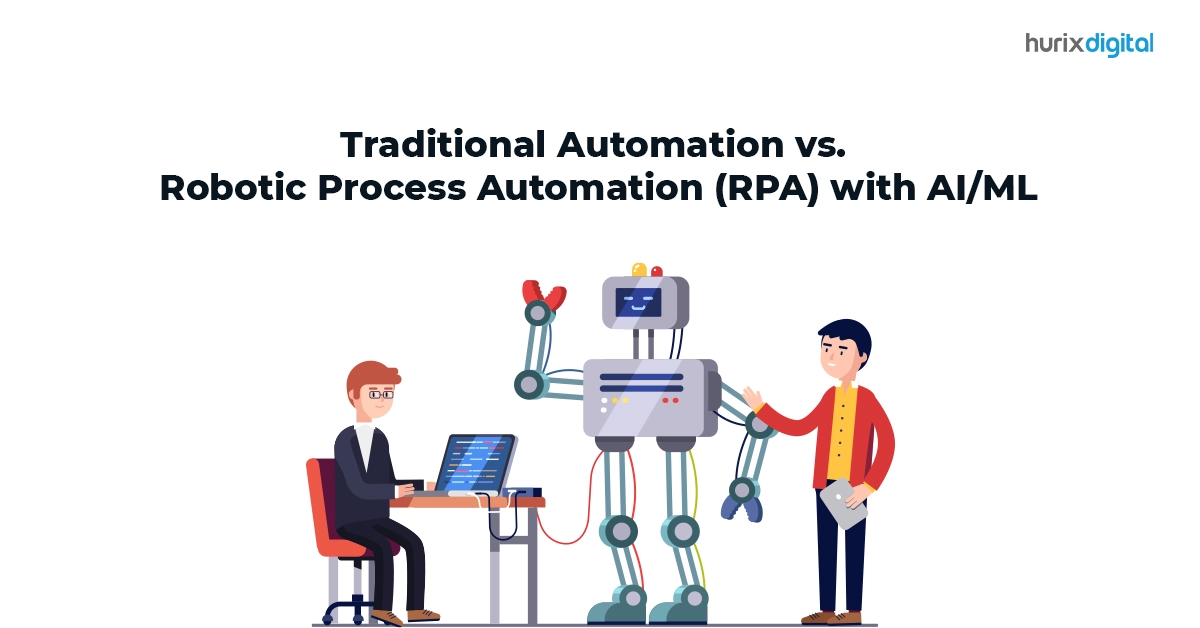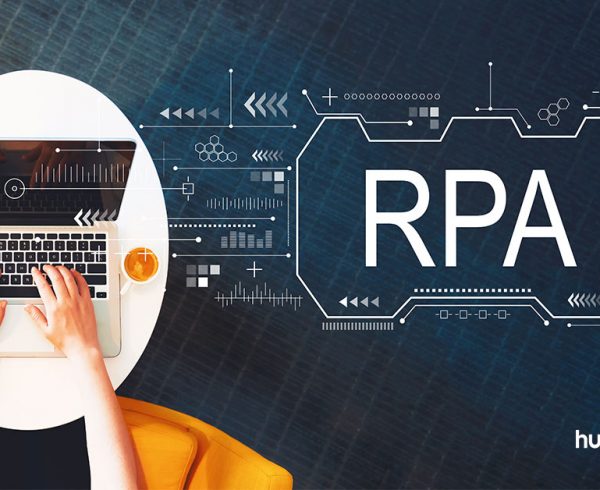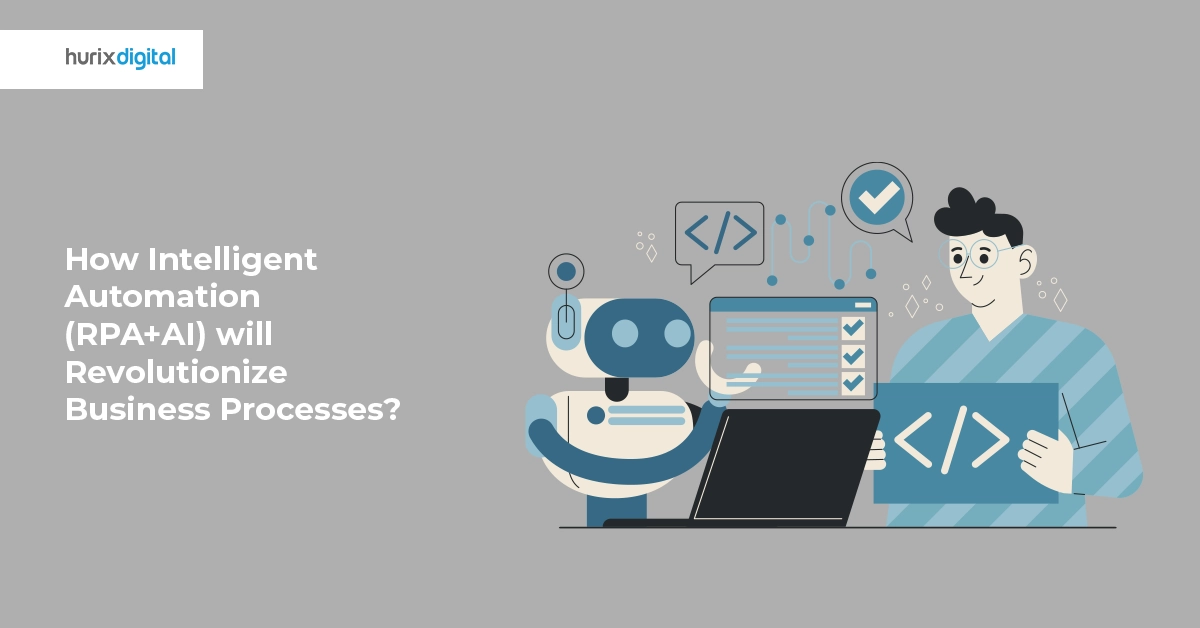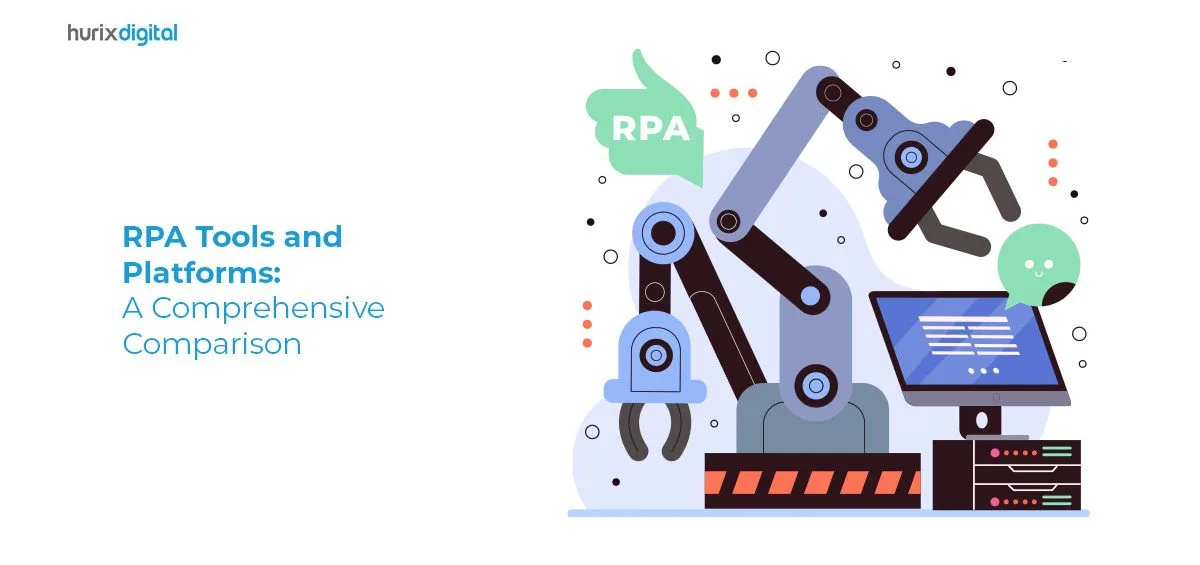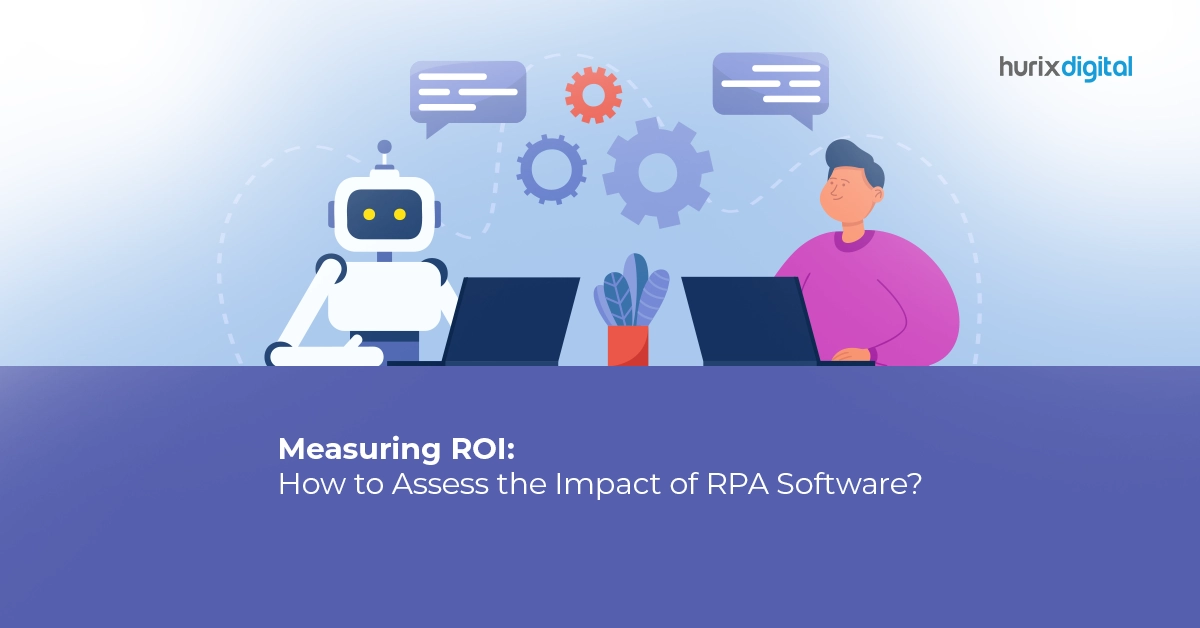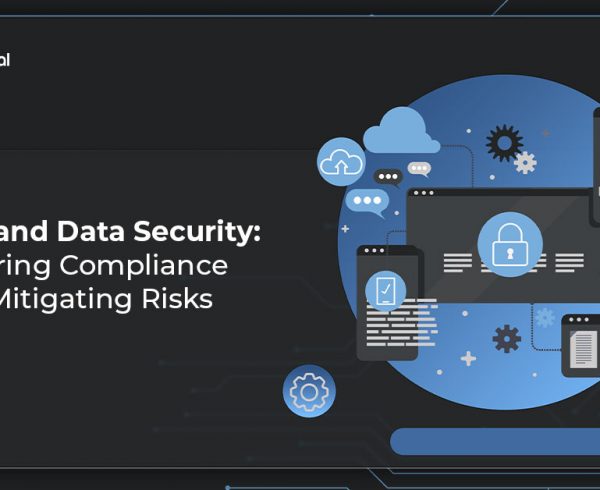These days, technology is changing rapidly, so businesses are looking for process optimization and cost reduction. The two major competitors in the automation world are Traditional Automation and Robotic Process Automation (RPA) with Artificial Intelligence (AI) and Machine Learning (ML).
In this article, we will explore automation approaches, their benefits and differences, and how technology helps to achieve an optimized process and digital transformation.
Table of Contents
- Understanding Traditional Automation and RPA
- Six Benefits of RPA
- RPA Testing and Automation Integration
- RPA Tools
- RPA vs. Traditional Automation
- The Role of AI/ML in RPA
- Embracing the Future: Business Process Automation with RPA
- Conclusion
Understanding Traditional Automation and RPA
Before we dive into the intricacies of these automation methods, let’s briefly outline what they entail. Traditional automation uses rule-based algorithms and scripting to automate routine tasks. Companies have been employing this approach for a period, and many times it has demonstrated its usefulness. Using this approach increases efficiency and decreases errors in the process.
On the other hand, robotic process automation with automation goes to the next level by adding the power of RPA AI and ML utilizes software robots or “bots” to mimic human actions and interactions with digital systems. RPA with AI/ML allows bots to learn from specific patterns, adapt to changes, and make intelligent decisions based on data analysis.
Six Benefits of RPA
Let’s take a look at some of the most important benefits:
- Increased Productivity: RPA bots can work continuously, resulting in significant increases in speed and productivity.
- Reduced Errors: By minimizing manual intervention, RPA reduces the risk of human errors, leading to improved data accuracy and quality.
- Cost Savings: RPA eliminates the need for recurring and manual activities, allowing your resources to focus on other high-priority activities, ultimately reducing operating costs
- Scalability: Organizations can quickly adapt to changing workloads with RPA bots that can be easily scaled up or down based on demand.
- Compliance Improvement: RPA ensures compliance with defined rules and regulations, and minimizes compliance-related risks.
- Quick Implementation: RPA tools often come with user-friendly interfaces, enabling business users to create and deploy automation workflows with minimal coding knowledge.
RPA Testing and Automation Integration
- Once the process is automated using RPA, thorough testing is one of the main steps in ensuring the accuracy and reliability of automated processes. Generally, Robotic Process Automation bot testing involves validating bot behavior, data integrity, exception handling, and end-to-end process flows. This testing process ensures that the implementation of RPA is well-aligned with the requirements of the business.
- The RPA tool can easily be integrated with systems, applications, and pre-existing software. Integrating the RPA tool with other systems allows companies to use their current technology stack. The integration capability of RPA helps streamline the processes and accelerates the realization of business benefits.
Also Read: How to Use RPA Automation to Increase Productivity?
RPA Tools
For those considering implementing RPA with AI/ML or exploring traditional automation, here is a list of some popular automation tools to consider:
- UiPath: UiPath is a leading RPA platform known for its user-friendly interface and robust capabilities.
- Automation Anywhere: Automation Anywhere offers a wide range of RPA solutions, from simple task automation to complex, end-to-end processes.
- Blue Prism: A comprehensive RPA tool that emphasizes scalability and enterprise-grade security.
- Selenium: A popular open-source tool for web application testing and automation.
- WinAutomation: A Windows-based automation platform that offers a simple and intuitive interface.
- Ansible: An open-source automation platform for IT tasks and application deployment.
- AutoIt: A scripting language designed for automating the Windows GUI and general scripting tasks.
- Puppet: A configuration management tool that automates the provisioning and management of infrastructure.
- Jenkins: An open-source automation server for building, testing, and deploying code.
RPA vs. Traditional Automation
While both RPA and traditional automation share the common goal of process optimization, they differ in several key aspects. Traditional automation typically involves rigid scripting and is better suited for repetitive, rule-based tasks with well-defined processes. The dynamic process contains decision-making, learning, and adaptation to changing circumstances. RPA administers and manages dynamic process scenarios.
Moreover, RPA’s ability to handle unstructured data and learn from patterns makes it an ideal choice for processes that involve cognitive tasks. Traditional automation may struggle with such tasks due to its rule-based nature.
The Role of AI/ML in RPA
Artificial intelligence and machine learning are critical in scaling RPA to new levels of robustness and intelligence. AI/ML algorithms empower RPA bots to learn from data, make data-driven decisions, and adapt to evolving situations. For instance, an RPA bot equipped with AI/ML capabilities can analyze historical data to predict potential bottlenecks, optimize workflows, and even suggest process improvements.
Embracing the Future: Business Process Automation with RPA
As businesses embark on the journey of digital transformation, the integration of RPA with AI and ML holds immense promise. RPA with AI and ML approach not only streamlines operations but also opens the door to innovation and strategic decision-making. By automating repetitive tasks organizations can allocate their time and resources, toward the priority tasks that contribute to growth and competitiveness, within the organization.
Also Read: Four ROI Metrics to Quantify Your RPA Software Success
Conclusion
In the field of automation technologies, the shift from traditional automation to robotic process automation (RPA) with AI/ML is an important step toward operational efficiency and intelligence. Traditional automation significantly improved process optimization and RPA with AI/ML is capable of learning, adapting, and making data-driven decisions.
An enterprise can leverage RPA capabilities in its digital transformation journey. Nowadays, it is essential to collaborate with experts who possess knowledge and experience in automation processes and tools.
One such industry leader is Hurix Digital provides cutting-edge solutions for business process automation. Hurix has an experienced team of automation experts to provide automation solutions to deliver your goals. You can reach out today for your automation needs.
To start on a transformative automation journey and unlock the numerous advantages of RPA, consider partnering with industry experts like Hurix Digital today.


